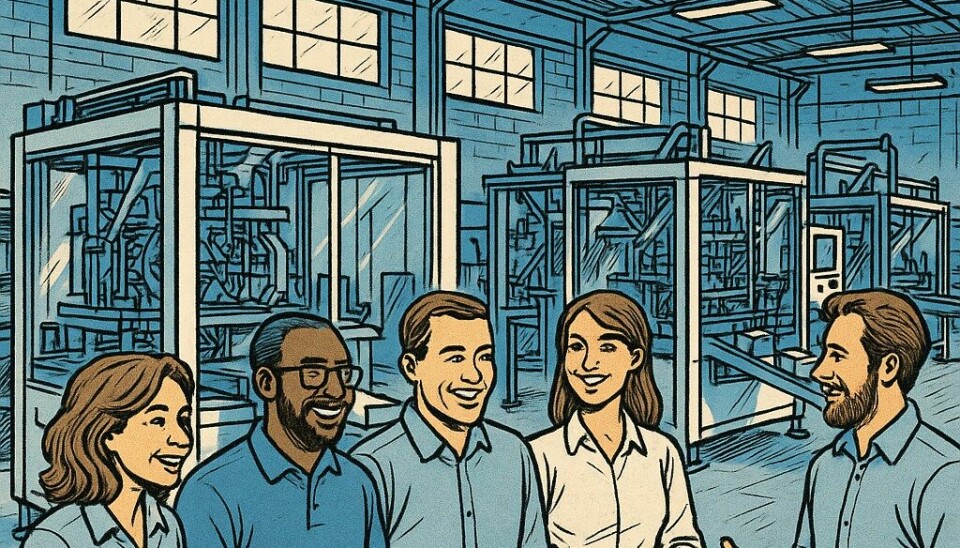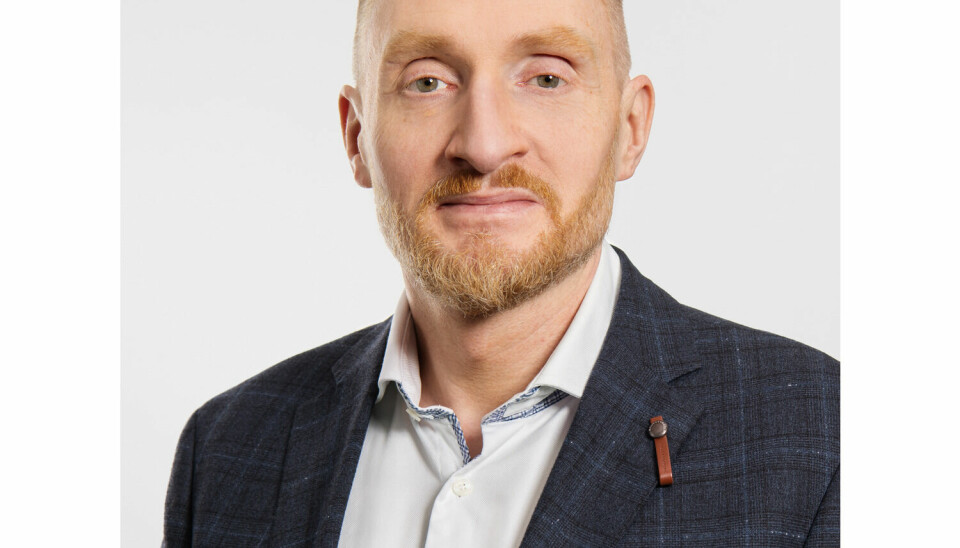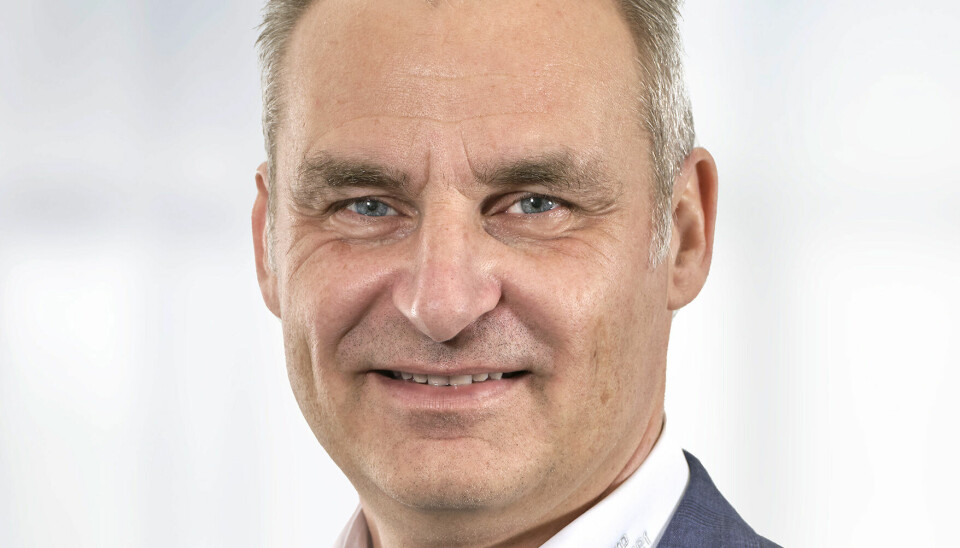What makes companies attractive as employers
"It's the complete package that has to be right"

Harro Höfliger was awarded the 'Top Job' seal again in 2024. In the interview, Uwe Amann and Sven Schneider explain what lies behind the success as an employer - and why genuine culture matters more than awards.
Every year, the center for employer attractiveness awards the top job seal to companies that stand out as employers in a special way. Among other things, the development opportunities for employees, quality of leadership and management, workplace culture, collaboration and value orientation, as well as the company's innovation climate and future viability, are evaluated. In 2024, Harro Höfliger received the coveted seal for the second time. We spoke with Uwe Amann, managing director of human resources, and Sven Schneider, team leader of marketing.
Mr. Schneider, Mr. Amann, let's start with a look back: Since when have you been dealing with the topic of the "top job" seal at Harro Höfliger?

Sven Schneider: The first considerations on this topic were already in 2019. At that time, we wanted to put our HR work to the test and ideally also have it recognized. But not for the sake of the seal, but to receive honest feedback from our workforce. We then consciously decided on the "top job" seal because it offers a scientifically accompanied survey - anonymous and constructive. It's about real insights and actionable measures. The University of St. Gallen accompanies the process, which was an additional assurance for us in terms of seriousness and data protection.
Uwe Amann: We have grown significantly in recent years - from about 450 to around 2,300 employees today. With such a size, it's easy to lose direct connection. It was important for us to systematically find out what moves our people - and that across locations. We now have seven German locations, each with its own challenges. That doesn't make it easier.
There were several years between the idea in 2019 and the first seal. Why?
Sven Schneider: We wanted an honest picture of the workforce's mood after the strains of the pandemic. We conducted the first survey at the end of 2021, and the first seal followed in 2022. The second survey took place in 2023. We consciously decided to conduct the surveys every two to three years - so that there is enough time to really make a change.
How complex is it to conduct such a survey?
Uwe Amann: It was a lot of work, no question. You can't just do something like that "on the side." But it's worth it. It was important for us to communicate well in advance why we are doing this and that it is not a mandatory exercise. We were able to convey that we really want to respond to the feedback. Accordingly, participation was high. It was over 70 percent each time.
How do you handle the results?
Sven Schneider: We evaluate the results individually with all 17 company divisions. Each division sees how it stands in comparison to the overall result - but it's not about competition, it's about improvement. This leads to workshops where concrete measures are developed together with the teams. One example: In one area, it was criticized that information was passed on too late. The result was that a separate group was set up in our intranet for this area.

What does the seal bring for internal impact and recruiting?
Sven Schneider: Internally, the seal is honestly secondary. If the company doesn't take the results seriously and strives for change, then no seal will help. After the second employee survey, it became clear that we improved significantly not only in areas but also in categories. The fact that we had a similarly high participation rate as the first time was also a sign that the employees appreciated our approach. Externally, it's a nice side effect, certainly helpful - but we wouldn't rely solely on a seal.
Uwe Amann: We do use it in job advertisements, but it's hard to measure if someone applies because of it. It can be a deciding factor. However, it's important that an applicant who gets to know us feels: The culture here is really right.
What specifically characterizes the culture at Harro Höfliger?
Uwe Amann: Trust, fairness, openness, and respect - that's what we live by. And we are convinced: If this is authentic, then the employees will also carry it externally. Then 2,300 people become advocates. This is our strongest personnel marketing tool. The corporate culture is extremely important. After all, we are not the only attractive employer in the Stuttgart area. But we had and still have no major problems finding qualified employees, even though we need more people in certain areas like control technology. We receive many applications. We continue to grow and can hire nearly 200 employees again this year.
Sven Schneider: Anyone who comes to us immediately notices that we have a family-like corporate culture. Our colleagues treat each other kindly, greet each other - this is often the first feedback we receive from visitors.
And what do you think convinces applicants the most?
Uwe Amann: It's the overall package that has to be right. We build highly complex special machines for a highly interesting industry. These are exciting tasks that you don't find everywhere. With us, machines are built from start to finish in teams, and you have direct customer contact - worldwide. That means a lot of variety and interesting jobs in all areas. In addition, we have a sustainable orientation as a family business, with stable management and attractive social benefits such as lifetime work accounts or additional health insurance.
Sven Schneider: And not to forget: Our machines help produce medicines and medical products that improve people's lives. That gives our work real meaning - and our employees feel that too.
The topic of "purpose" was hyped for a long time. Has the focus of applicants shifted again in the meantime?
Sven Schneider: Purpose is still important, but the topic of security has gained significantly in importance - especially since Corona. Today, those looking for an employer are focusing more on stability and reliability.
Uwe Amann: And that's exactly what we can offer. Our industries - pharmaceuticals and medical technology - are crisis-proof. And we emphasize that our management remains approachable and that the workforce is taken seriously. This has always been our way, but today it is even more appreciated.
And how long do people stay at Harro Höfliger?
Uwe Amann: Currently, the average length of service is around eight to nine years - and that's despite strong growth. 25- or even 40-year anniversaries are not uncommon for us.